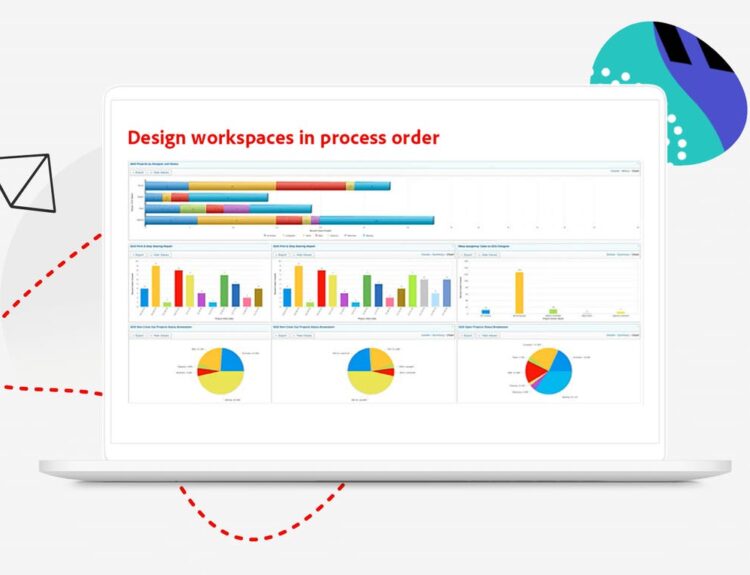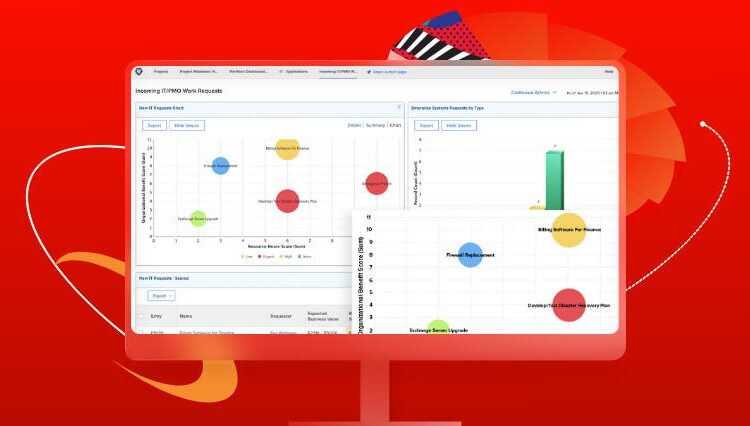Creating marketing campaigns is often a complex and time-consuming process. Businesses aim to create real-time campaigns that are highly relevant to customer needs and personalized to maximize sales. Doing so requires real-time data analysis, segmentation, and the ability to rapidly create and execute campaigns. Achieving this high level of agility and personalization gives businesses a significant competitive advantage. Successful marketing campaigns have always hinged on creativity and data-driven insights.
Understanding BigQuery
What is BigQuery?
BigQuery is a fully-managed, serverless data warehouse that enables scalable analysis over petabytes of data. It is designed to process large datasets quickly and efficiently, making it ideal for handling the vast amounts of data generated in modern marketing campaigns.
Benefits of Using BigQuery
- Scalability: BigQuery can handle large datasets effortlessly, allowing marketers to analyze data from multiple sources without performance issues.
- Speed: With its powerful processing capabilities, BigQuery provides real-time insights, crucial for timely decision-making.
- Cost-Effective: BigQuery’s pricing model is based on the amount of data processed, making it cost-effective for businesses of all sizes.
- Integration: Seamlessly integrates with various data collection and marketing tools, enhancing its utility for comprehensive campaign management.
The Role of Data Analysis in Marketing Campaigns
Importance of Data Analysis
Data analysis is critical in understanding customer behavior, identifying trends, and making informed decisions. It helps marketers to:
- Identify Target Audiences: By analyzing demographic, behavioral, and transactional data.
- Optimize Campaigns: By understanding which strategies are effective and which are not.
- Improve ROI: By allocating resources to the most impactful areas.
Types of Data Used in Marketing
- Demographic Data: Information about the age, gender, income level, etc., of potential customers.
- Behavioral Data: Insights into how customers interact with websites, emails, and ads.
- Transactional Data: Records of customer purchases, returns, and other transaction-related activities.
Setting Up BigQuery for Marketing Campaigns
Initial Setup
Setting up BigQuery involves creating a project, setting up datasets, and configuring access permissions. It’s essential to organize data logically and ensure secure access controls.
Integration with Marketing Tools
Integrating BigQuery with marketing tools like Google Analytics, CRM systems, and ad platforms allows seamless data flow and real-time analysis. This integration enhances the ability to create and manage campaigns efficiently.
Data Collection and Storage
Sources of Data
- Web Analytics Tools: Collect data on website traffic and user behavior.
- CRM Systems: Store detailed customer information and transaction history.
- Social Media Platforms: Provide insights into customer engagement and preferences.
Storing Data Efficiently
Storing data in BigQuery involves setting up tables and schemas that facilitate easy querying and analysis. It’s crucial to ensure data is stored in a format that optimizes performance and reduces costs.
Data Analysis Techniques
Real-Time Data Analysis
Real-time data analysis allows marketers to respond quickly to changes in customer behavior and market conditions. BigQuery’s fast processing capabilities make it possible to analyze data as it arrives, enabling timely decision-making.
Segmentation and Targeting
Segmenting the audience based on various criteria (e.g., demographics, behavior) helps in creating more targeted and effective campaigns. BigQuery’s advanced querying capabilities make it easy to segment data and identify the most valuable customer groups.
Creating Personalized Campaigns
Understanding Customer Behavior
Analyzing data on how customers interact with your brand helps in understanding their preferences and behavior. This understanding is crucial for creating personalized marketing messages that resonate with the audience.
Personalization Strategies
- Dynamic Content: Tailoring content based on user behavior and preferences.
- Personalized Offers: Creating special offers based on past purchases and browsing history.
- Automated Recommendations: Using data to recommend products or services that are likely to interest individual customers.
Executing Marketing Campaigns with BigQuery
Automating Campaigns
Automating campaigns using BigQuery involves setting up workflows that trigger actions based on specific data conditions. This automation ensures timely and relevant interactions with customers.
Monitoring and Optimization
Monitoring campaign performance in real-time allows for continuous optimization. By analyzing key metrics, marketers can tweak campaigns to improve outcomes and maximize ROI.
Case Studies of Successful Campaigns
Real-World Examples
- E-commerce Campaigns: Using BigQuery to analyze customer purchase history and create targeted email campaigns, resulting in higher conversion rates.
- Social Media Campaigns: Leveraging real-time data to adjust social media strategies and increase engagement.
Lessons Learned
- Importance of Data Quality: Ensuring accurate and clean data is critical for reliable analysis.
- Agility in Campaign Management: Being able to quickly adapt to new data and insights can significantly enhance campaign effectiveness.
Best Practices for Using BigQuery in Marketing
Ensuring Data Quality
Regularly cleaning and validating data is essential for accurate analysis. Implementing data governance practices helps maintain high data quality.
Scalability Considerations
As data volumes grow, it’s important to design scalable architectures that can handle increased loads without compromising performance.
Future Trends in Marketing Data Analysis
Emerging Technologies
- Artificial Intelligence: AI-powered tools for predictive analysis and customer segmentation.
- Machine Learning: Enhancing personalization and targeting through advanced machine learning algorithms.
Predictions for the Future
- Increased Use of Real-Time Data: More businesses will leverage real-time data for dynamic and responsive marketing strategies.
- Greater Integration: Seamless integration between data platforms and marketing tools will become standard, enabling more comprehensive analysis and campaign management.
Conclusion
Creating marketing campaigns using BigQuery and data analysis reports can significantly enhance the relevance and effectiveness of your marketing efforts. By leveraging real-time data, personalizing campaigns, and continuously optimizing performance, businesses can gain a competitive edge and achieve better results. BigQuery’s powerful capabilities make it an invaluable tool for modern marketers looking to stay ahead in a data-driven world.







1 Comment
Proven Strategies for Successful Marketing Campaigns Using BigQuery and Data Analysis – globaladbuzz
6 months ago[…] marketing campaigns is often a complex and time-consuming process. Businesses aim to create real-time campaigns that […]